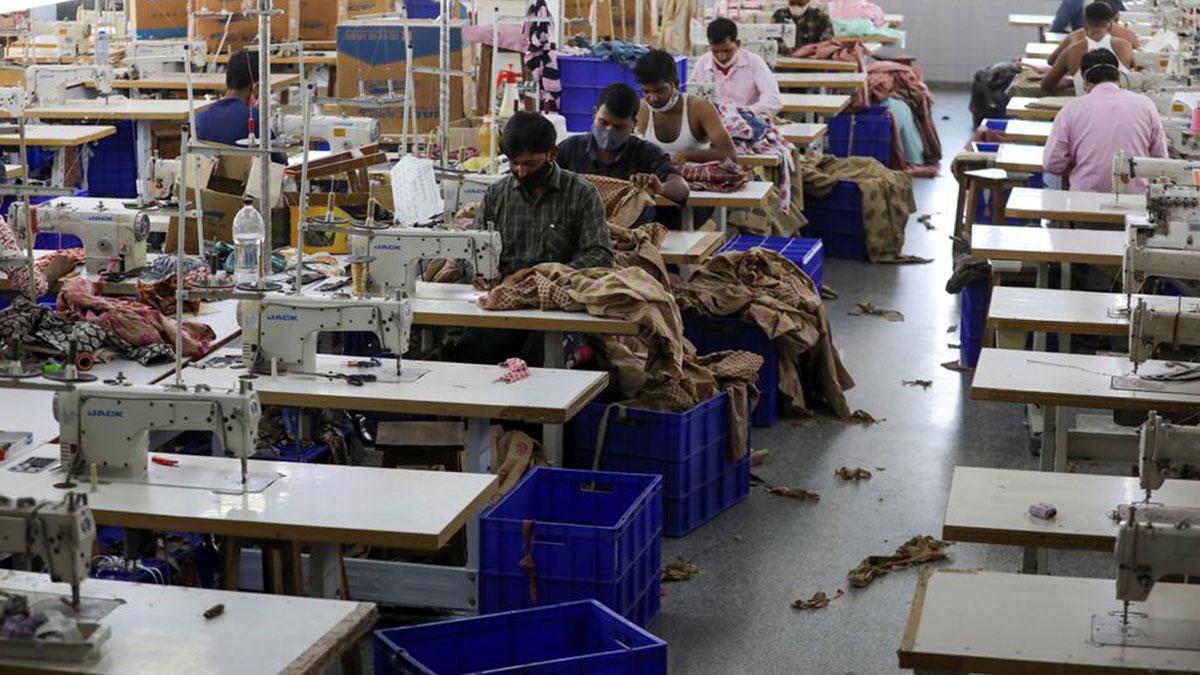The second round of the production-linked incentive (PLI) plan for the solar industry has awarded contracts to up to 11 businesses, including Reliance, ReNew, Indosol, First Solar, Tata Power Solar, and Avaada, for solar photovoltaic (PV) manufacturing projects totaling 39,600 MW capacity.
The positive tender response is anticipated to support India’s aspirations to establish a domestic solar PV cell and module manufacturing base that is competitive on the global stage. It would significantly reduce these products’ reliance on imports. India has set a lofty goal of having 280 GW of solar capacity by 2030. The PLI program is also in line with India’s pledge to lower its economy’s carbon intensity.
In November and December 2022, 8,737 MW of integrated capacity overall was allotted under the scheme’s first phase. When combining the two tranches, the domestic solar PV module production capacity allotted under the PLI program is 48,337 MW, with a total government contribution of more than Rs 18,500 crore.
The government had stated that the solar PLI program would contribute to the creation of 65,000 MW of annual production capacity for completely and partially integrated solar PV modules. The incentive program for indigenous production was expected to have prevented the import substitution to the amount of Rs. 1.37 trillion.
Although it is the stated objective of the government to encourage solar projects and domestic production of solar equipment, many developers argue that the high basic customs charge (import tariff) on equipment, such as the duty on panels, which is 40%, drives up the cost of projects. They argue that import tariffs must be kept low while domestic capacity is being built. Several projects that were won by developers by offering extremely low tariffs to customers are having problems remaining viable.

